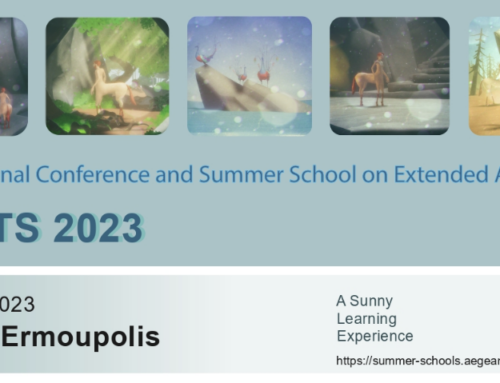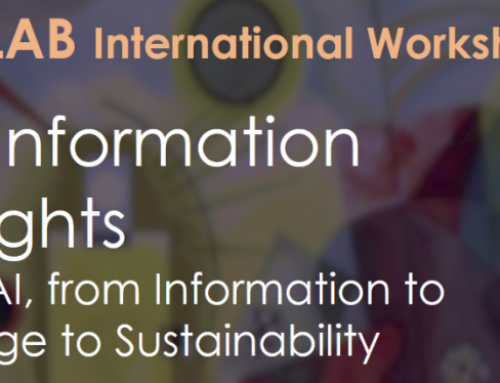The journal Derrida Today announced a special issue on “Deconstruction and Science”
Important Dates:
- 30 June 2009: Deadline for submission of 300-word abstract
- 30 November 2009: Deadline for submission of paper (no more than 6000 words)
All submissions should be prepared for blind review and emailed to:
DTJEditors@scmp.mq.edu.au with the title “”Deconstruction and Science”” as the subject title of the email.
Co-edited by:
Nicole Anderson
Critical and Cultural Studies Department
Macquarie University, Australia
General Editor, Derrida Today
H. Peter Steeves
Professor of Philosophy
DePaul University, Chicago
Special Issue Topic
In this special issue of Derrida Today, the editors wish to address the question of the meeting of deconstruction and science, the latter broadly defined. Since the 1960s and ‘70s, poststructuralist thought has garnered a reputation for being at odds with science and the Enlightenment worldview upon which modern science is based. This is understandable if for no other reason than the fact that the last four decades can historically testify to this tension. From the Sokal debate to the general sense within the scientific community that deconstruction is basically just a form of relativism that attacks science’s empirical method and the basic assumption that reason can have access to the world, there has been little attempt to find ways in which a positive dialogue can be had. One of the goals of this special issue is to allow the voices that might contribute to such a dialogue to come to the fore.
Although any and all approaches to the topic will be considered, including essays dealing with the ways in which deconstruction calls the general project of science into question, the editors are especially interested in investigating what can be positively said rather than what can be criticized. That is, how might the insights of deconstruction change the way in which science is practiced? How might individual science practices (e.g., chemistry, physics, biology) be affected by an encounter with deconstruction? And, indeed, how is deconstruction altered by its encounter with science? Essays that are of a theoretical as well as a practical nature are thus welcome, and authors from any discipline are encouraged to submit.
Review Process
All articles will be peer reviewed through a blind reviewing process. All identifying marks should be removed from submissions. Do not include the author’s name anywhere in the article (in running headers and footers, for example), and author’s should try as much as possible to remove this information from the file Properties as well.
Preparation of Manuscripts
Articles should be approximately 6000 words. Authors should include an abstract of 300 words, plus 5-7 keywords with their submission.
Notes should be kept to a minimum, and should appear at the end of the text, before the references section. Details about notes, quotations, and other formatting issues can be found in the Edinburgh University Press Journals Style Guide.
Please remember to number the pages of the submission.
Derrida Today uses the author-date system (see EUP Journals Style Guide), for both in-text referencing and the comprehensive list of references at the end of the article.







So you say that deconstruction is just another form of relativism compared to a representation mechanism like string theory? But again isn’t it this “many-valued predicate” another form of foundationalism that is masked by this pluralistic front. And again, isn’t it this ‘blank place’ or void a potential that deconstruction itself is at quest, but without relying on the materialist assumption of stable elementary entities?
The ‘values of science such as a quantified version of reality is still to be deconstructed. A metaphysical deconstruction of reality involves the position that “reality” cannot construct reality in its full sense. Even if one does not agree with, say, strings as construed in string theory,the very idea of string in terms of its ‘possibility’ forc es us to determine a variety of values for ‘truth’, where truth becomes a many-valued predicate without an embodied and encapsulated cognitive frame. In other words, a merger programme between truth and reality can never be complete before we again discover a blank place for ‘elementary forces’.
But, is it true that deconstruction questioned the project of science? I thought it has questioned philosophy and in particular the logocentric and marginal versions of it.
about time to think again, think Decon